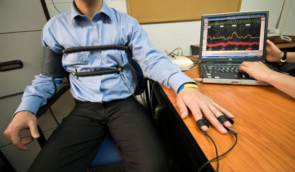ZMINA joined an award ceremony of the Alexander Langer International Prize 2023
On March 3, the award ceremony of the Alexander Langer International Prize 2023 took place in Bolzano (Italy) at the Euromediterranean festival. Human Rights Centre ZMINA was assigned a special mention as an organization which “sheds light on emblematic situations and on innovative ways of dealing with the current crises the world is facing”. ZMINA’s International Advocacy Manager, Tetiana Zhukova, presented the work of the team.
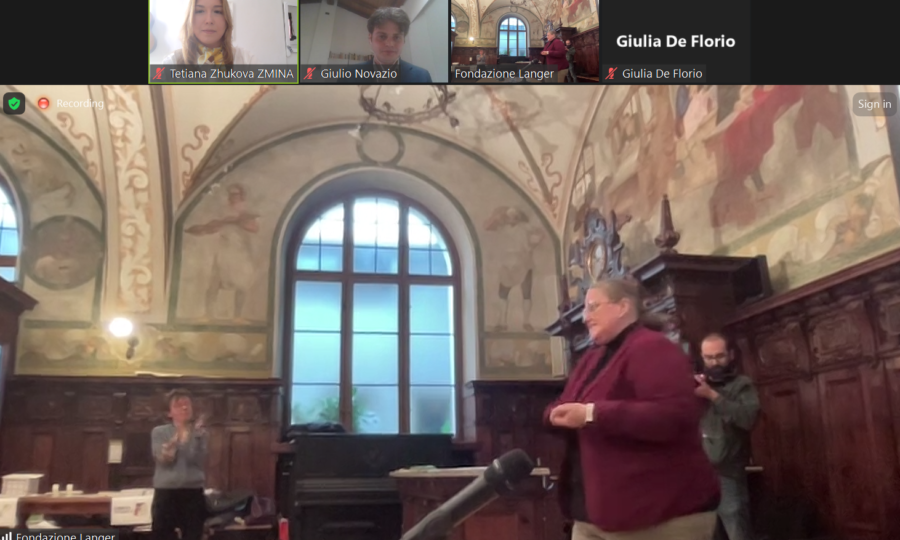
“ZMINA, which means “change” in Ukrainian was founded in 2012 by 3 activists, one of whom, Maksym Butkevych, a famous Ukrainian human rights defender, is a prisoner of war now. When the full-scale Russian invasion of Ukraine began, Butkevych joined the Armed Forces of Ukraine to protect his homeland. He was captured by the Russian military and stays in illegal detention on a fake conviction. Please, speak out about Maksym Butkevych and call for his release,” told Tetiana Zhukova.
She mentioned that it has been 10 years since the beginning of the occupation of Crimea in February 2024. The peninsula has turned into an open-air prison where freedom of speech, assembly and association is absent and people are persecuted, abducted and murdered as it happened to Crimean Tatar activist Reshat Ametov in March 2014: he went on a single picket against the occupation, he was abducted and, later, found dead with traces of torture on his body.
“Currently, there are over 200 Сrimean political prisoners. Around 50 of them face ill-treatment and non-provision of medical assistance in detention. As a result, two of political prisoners died behind bars – Dzhemil Hafarov and Kostiantyn Shyring. The others are still suffering from health problems: Iryna Danylovych who lost her hearing in detention; Amet Suleymanov who has serious heart disease and needs surgery; journalist Vladyslav Yesypenko who suffers from both psychological and physical health problems as a result of torture in detention. There is an urgent need to keep speaking about these people and to show them solidarity. ZMINA launched a campaign “Letters to Free Crimea” aimed to send words of support to political prisoners — we invite everyone to join it,” said Zhukova.
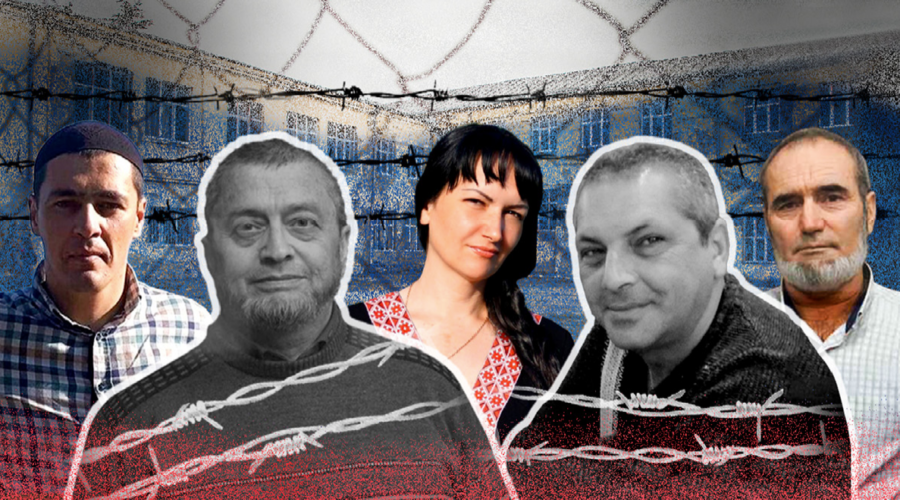 Crimean political prisoners
Crimean political prisonersTetiana mentioned the work of the Ukraine 5 AM Coalition named after the time when Ukrainians woke up to the sound of explosions on February 24, 2022, as well as emphasised the risk documentation experts face during the field missions. The Coalition documents war crimes and crimes against humanity according to international standards. In particular, ZMINA documents deportations, enforced disappearances and tortures.
“I was interrogated by four masked investigators. They tortured me with sticks, fists, and a stun gun. For every Ukrainian word, I was shocked with a stun gun: I was electrocuted as many times as I spoke Ukrainian. And at the end, they connected an electric current to my toes and switched it on. After the second time, I passed out, but I survived. Not only me but also other men came after interrogations; bruised and bloodied but happy because they stayed alive. Some were unlucky and were tortured to death”. It is a testimony a 70-year-old Anatoliy Harahatyi shared with ZMINA. Harahatyi is a photographer and a videographer from the Kharkiv region of Ukraine, who was detained and tortured by the Russian soldiers who occupied his village.
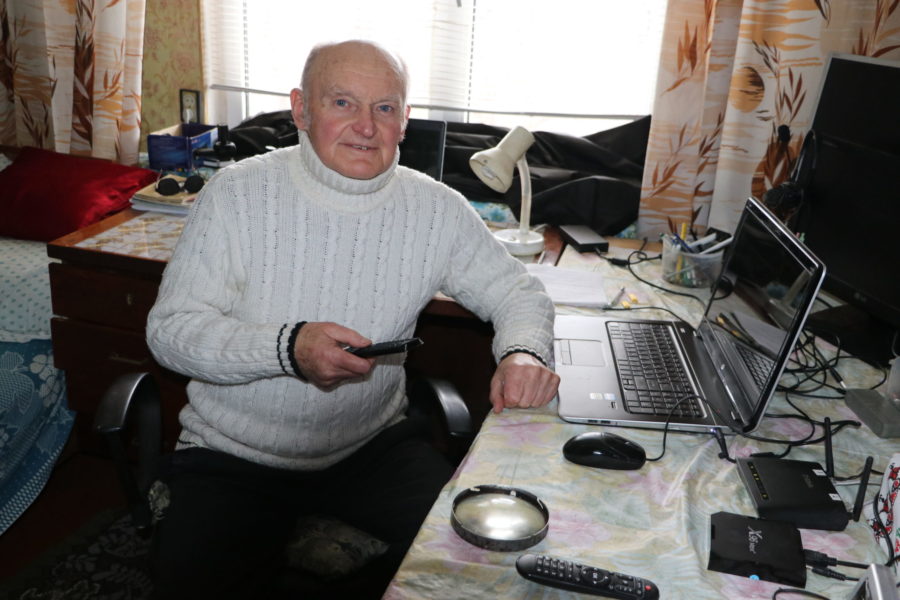 Anatoliy Harahatyi
Anatoliy HarahatyiHarahatyi was liberated, however, hundreds of other Ukrainian civilians are still in detention, mostly held incommunicado. One such example is Mariana Checheliuk – a 24-year-old woman from Mariupol who has been in Russian captivity for 2 years, during which she experienced a significant amount of torture: she was starved, beaten, and abused. Moreover, she is currently very ill and in dire need of medical attention.
Zhukova highlighted that such violations cannot go unpunished: the responsible persons must be held accountable – from the highest echelons to the soldiers executing the orders. The leadership of the Russian Federation must be prosecuted for the crime of aggression against Ukraine, crimes against humanity and, possibly, crime of genocide; abducted, unlawfully detained and deported people must be returned; survivors must receive compensation, in particular at the expense of the Russian frozen international assets.
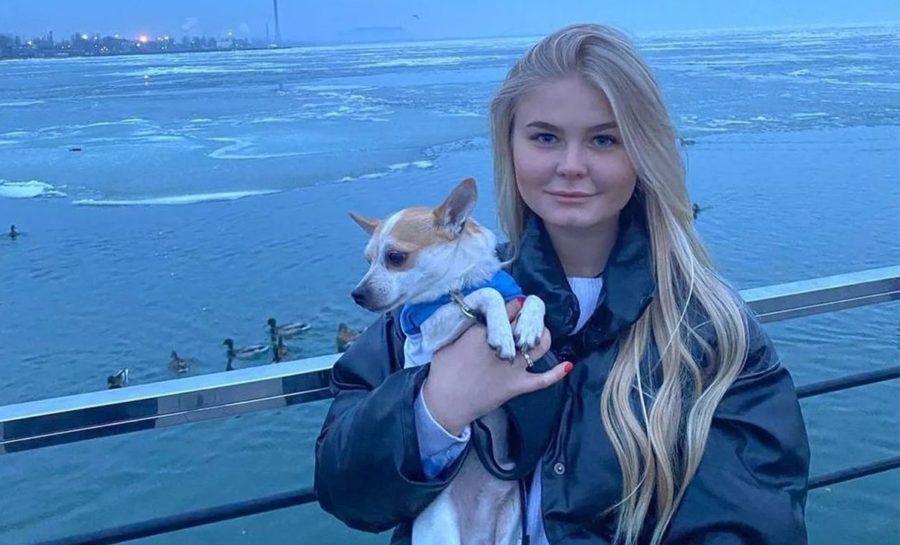 Mariana Checheliuk
Mariana ChecheliukThis year, except for a special mention of ZMINA, the Scientific Committee of the Foundation assigned the prize to Olga Karatch, a human rights activist and political analyst from Belarus.
Olga Karatch is the director of the organization Nash Dom (Our Home), which she founded in 2005. It was originally founded in 2002 as a self-produced magazine in the town of Vitebsk. Because of her political activism, in 2011, Olga was arrested and tortured by the Lukashenko regime and since 2014, she has been living in exile in Vilnius. In Lithuania, Nash Dom is registered with the name of “International Centre for Civic Initiatives”. The organization coordinates more than 23 groups of volunteers in Belarusian cities and abroad to change Belarusian society through non-violent action and to strengthen citizens’ power to influence state decisions. For these reasons, Olga Karatch is seen as a threat by Lukashenko’s regime.
Reference: The Alexander Langer Foundation awards a prize to people and associations who, “with courage and independent thinking, shed light on emblematic situations and on innovative ways of dealing with the current crises the world is facing”. In particular, the prize aims to honour committed persons and groups, who work to promote human rights, peace, democracy, who fight against discrimination and ethnic exclusivism, who defend the environment. Alexander Langer devoted his life and work to these issues, “underlining the interconnections between them, proposing concrete solutions with particular attention on establishing fruitful relations between people”. Since 1997, 22 awards have been given spanning 19 countries on 4 continents.
If you have found a spelling error, please, notify us by selecting that text and pressing Ctrl+Enter.




